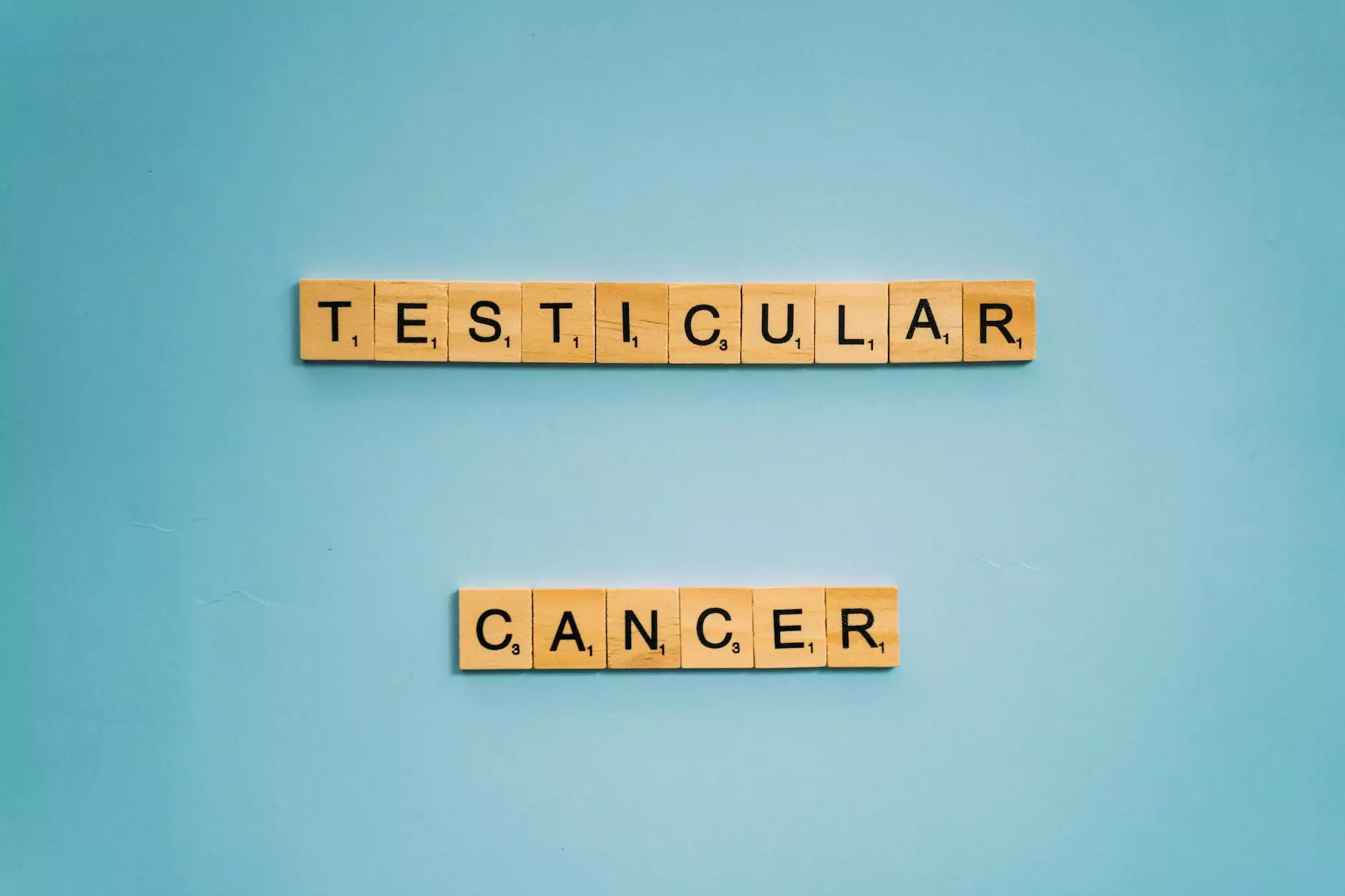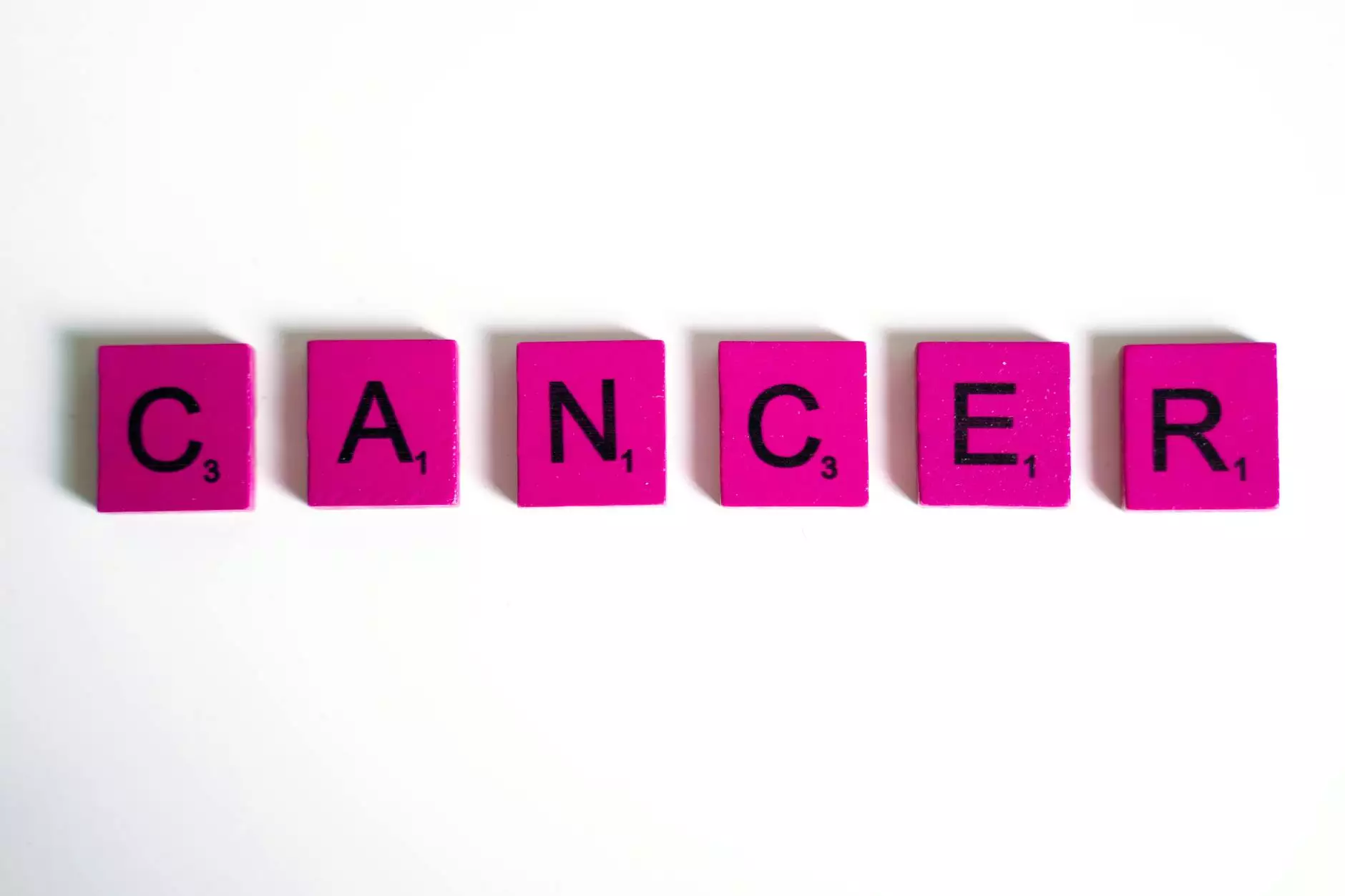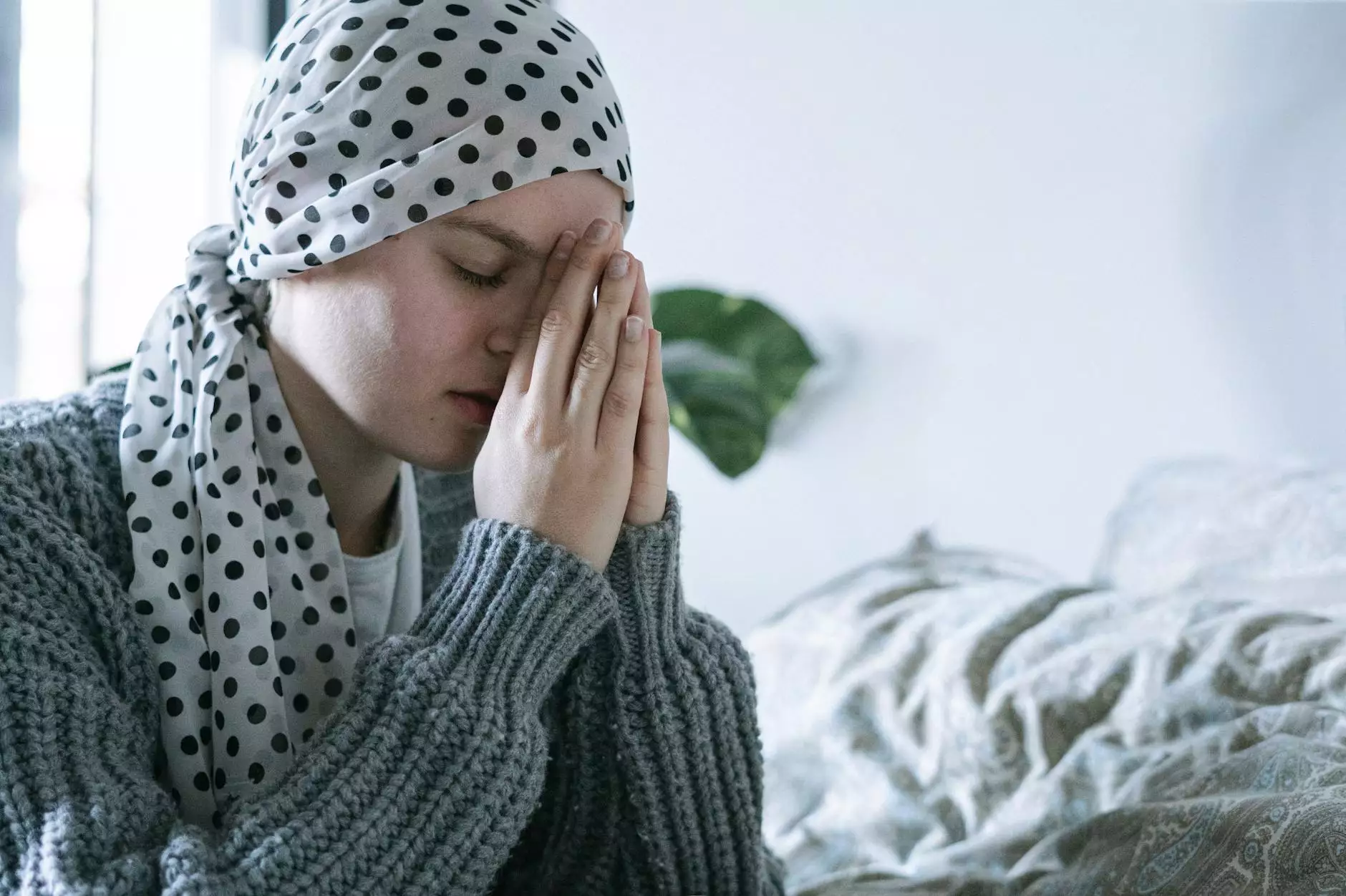Testicular Cancer

Understanding Testicular Cancer
Testicular cancer is a type of cancer that develops in the testicles, which are part of the male reproductive system. It is relatively rare but can affect males of any age, with the highest incidence among young adults between the ages of 15 and 35. As an expert in the field, Brandt Debra S MD is committed to providing comprehensive information on testicular cancer, its causes, symptoms, and treatment options.
Types of Testicular Cancer
There are two main types of testicular cancer: seminoma and non-seminoma. Seminoma is a slow-growing type, while non-seminoma includes several subtypes such as embryonal carcinoma, yolk sac tumor, choriocarcinoma, and teratoma. Each type may require a different approach to diagnosis and treatment, and it is essential to consult with an experienced medical professional like Dr. Brandt Debra S for personalized guidance.
Signs and Symptoms
Early detection of testicular cancer is crucial for successful treatment. Recognizing the signs and symptoms can help you seek medical attention promptly. Some common indicators include:
- A lump or swelling in the testicles
- Pain or discomfort in the testicles or scrotum
- Heaviness or aching sensation in the lower abdomen or groin area
- Fluid buildup in the scrotum (hydrocele)
- Changes in testicular size or shape
- Back pain, chest pain, or coughing (in advanced stages)
It is important to note that these symptoms may not always indicate testicular cancer, but it is advisable to consult a medical professional for proper diagnosis and evaluation.
Diagnosis and Treatment
When you visit Brandt Debra S MD, a highly skilled medical practitioner in the field of testicular cancer, you can expect a thorough diagnostic process tailored to your specific needs. The diagnostic methods may include:
- Physical examination and medical history evaluation
- Ultrasound imaging of the testicles
- Blood tests to measure tumor markers
- Testicular biopsy (if necessary)
Once a diagnosis is confirmed, Dr. Brandt Debra S will develop an individualized treatment plan based on several factors, such as the stage of cancer, type of testicular cancer, and the patient's overall health. Common treatment options for testicular cancer are:
- Surgery: The removal of the affected testicle (orchiectomy) to eliminate the cancerous cells.
- Radiation therapy: The use of high-energy radiation to destroy cancer cells.
- Chemotherapy: The administration of anti-cancer drugs to kill cancer cells, which may be used before or after surgery.
- Targeted therapy: The use of drugs to target specific cancer cells.
Dr. Brandt Debra S will guide you through the treatment process, ensuring that you are informed, comfortable, and receiving the most effective care available.
Prevention and Self-Examination
While testicular cancer cannot always be prevented, awareness and regular self-examinations can help detect potential issues early on. Dr. Brandt Debra S recommends the following guidelines for self-examination:
- Perform the examination during or after a warm bath or shower when the scrotum is relaxed.
- Hold the scrotum in your hands and examine each testicle individually.
- Check for any lumps, swelling, or changes in the size, shape, or consistency of the testicles.
- If you notice any abnormalities or have concerns, contact Dr. Brandt Debra S for further evaluation.
Expert Care at Brandt Debra S MD
When it comes to testicular cancer, receiving expert care is crucial for early detection, accurate diagnosis, and effective treatment. Dr. Brandt Debra S, a specialist in testicular cancer, provides personalized care and comprehensive treatment options to ensure the best possible outcomes for her patients.
Contact Brandt Debra S MD today to schedule a consultation and take a proactive approach towards your testicular health.










